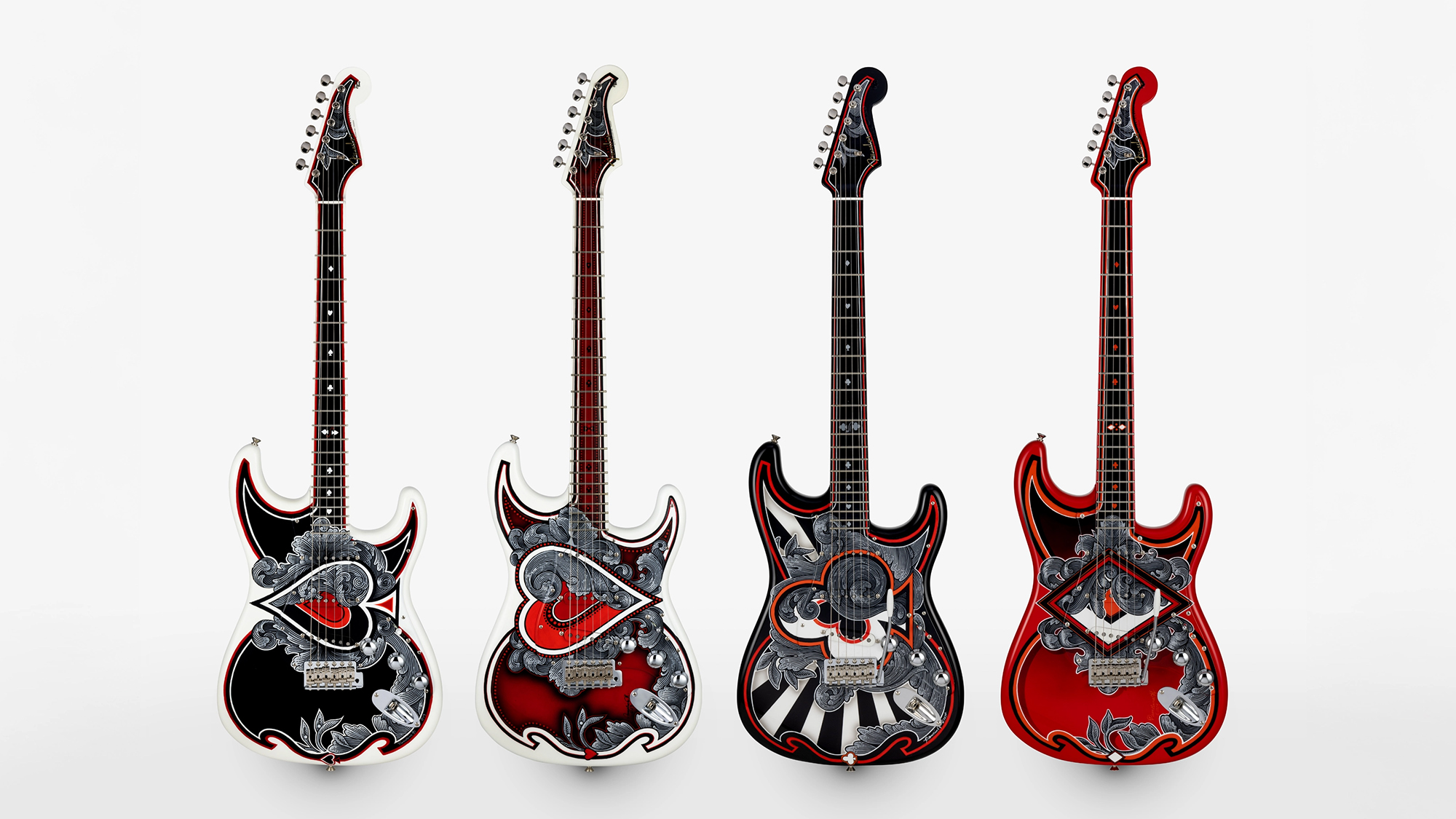Radial Engineering drops two "state-of-the-art" re-ampers – one of which doubles as a DI box
Two consoles aim to provide musicians with flexible re-amping options, with the Reamp Station combining a DI circuit with Radial's JCR Reamping box
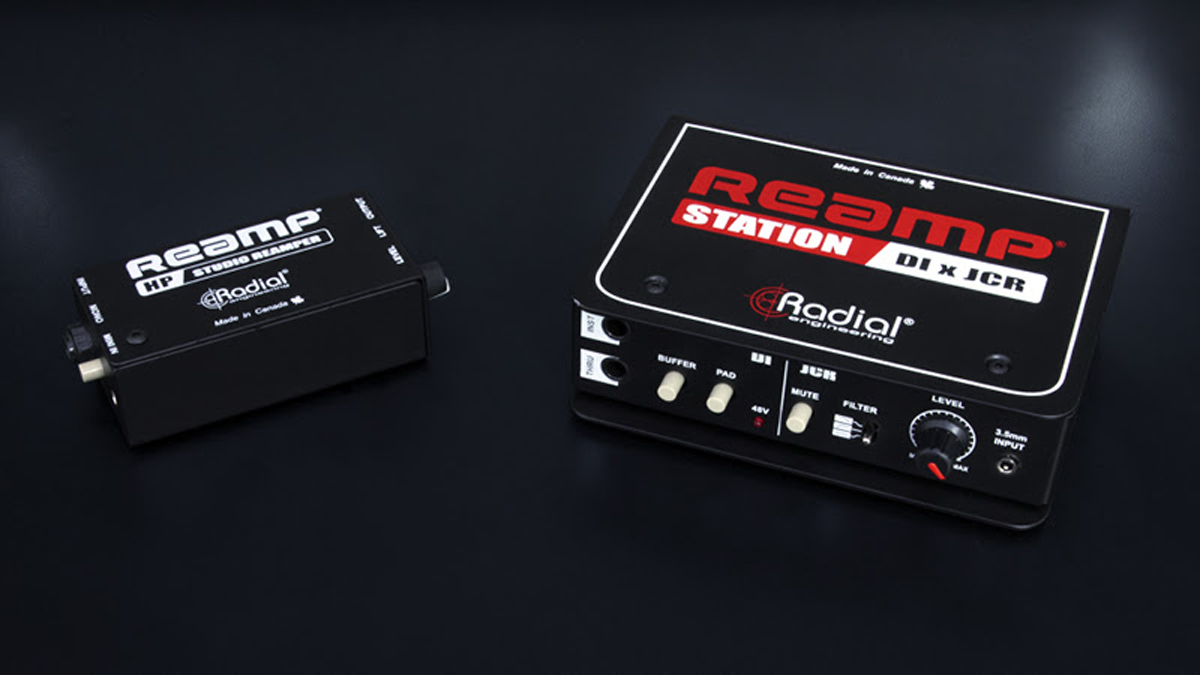
Radial Engineering has bolstered its catalog of recording accessories with two new re-ampers – a two-in-one Reamp Station and a more compact Reamp HP.
The company’s first re-ampers since it dropped the EXTC-Stereo device in January last year, both promise to provide flexible “state-of-the-art” reamping tools to improve musicians’ recording experiences.
Of the two new devices, Radial product manager Jay Porter commented, “Re-amping has dramatically increased in popularity over the past few years. Home studio users have discovered a secret weapon of the pros and are making re-amping a regular part of their mixes.”
Read on to find out more about each new Radial re-amper.
Radial Engineering Reamp Station
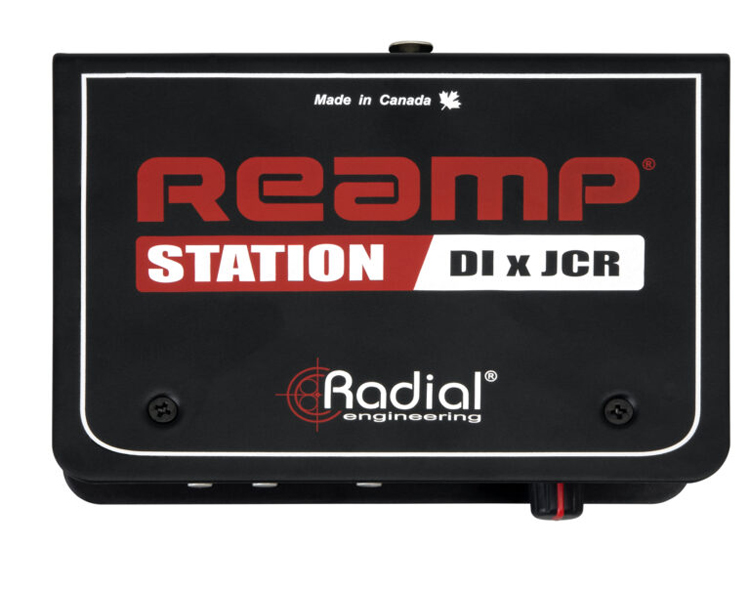
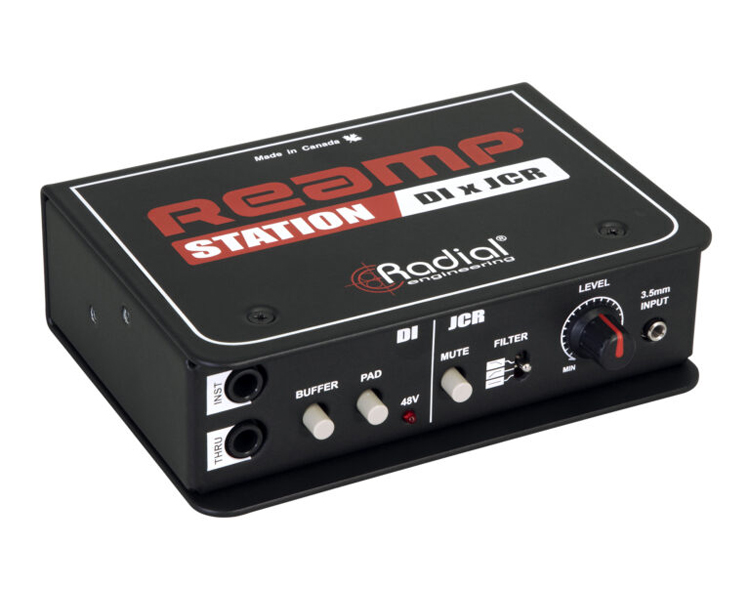
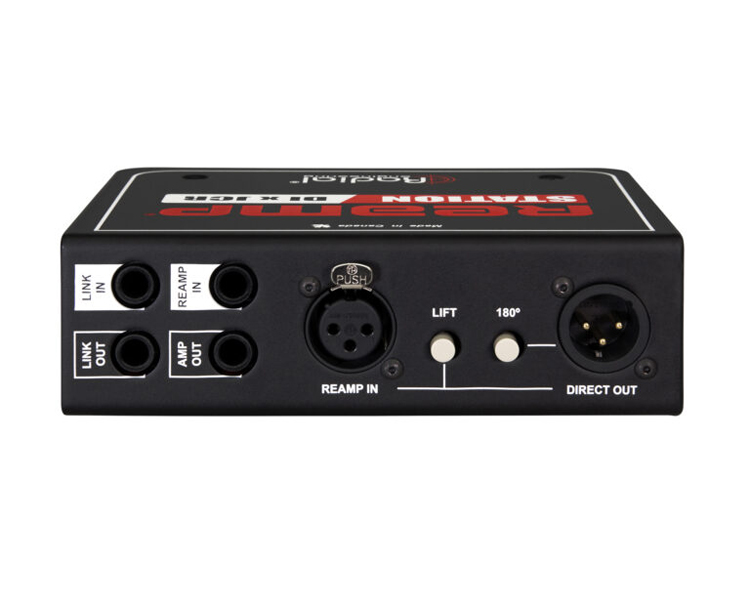
Leading the lineup is the more versatile Reamp Station – an all-in-one box that is said to embody the original re-amp designs of engineer John Cuniberti, who built the first re-amp box in 1993.
The Reamp station combines an updated version of the brand’s Radial JCR Reamper – which was inspired by Cuniberti’s box, after Radial purchased the rights in 2011 – with an active DI circuit for the company’s first two-in-one offering.
In practice, the nifty contraption can do the best of both worlds: help with the pristine recording of any instrument through the DI, and feed said recordings through guitar amps and pedals during the mixing process.
Get The Pick Newsletter
All the latest guitar news, interviews, lessons, reviews, deals and more, direct to your inbox!
Dubbed the complete package, the Reamp Station features XLR, 1/4” unbalanced TRS and 3.5mm reamp inputs for various uses, as well as a signal level control for optimal gain staging.
Other features include Buffer, Pad and Mute buttons – to engage unity gain, reduced input sensitivity and mute functions – as well as a three-position filter toggle that applies high-cut, low-cut or flat frequency response.
It also features 1/4” Link In and Out, and Reamp In and Out, jacks, as well as an XLR input and Mic-level XLR output.
The Reamp Station is shipping now, and costs $479.
Radial Engineering Reamp HP
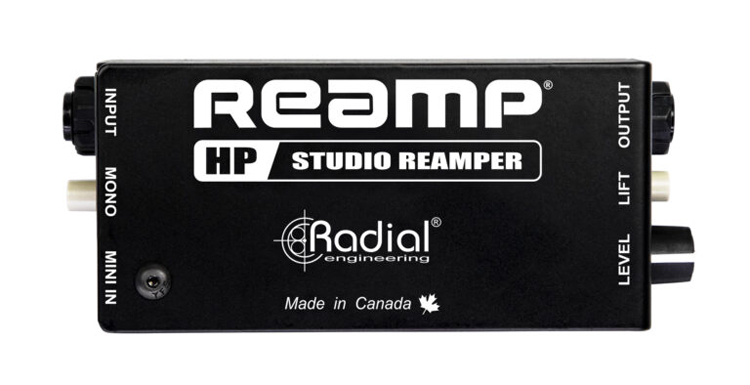
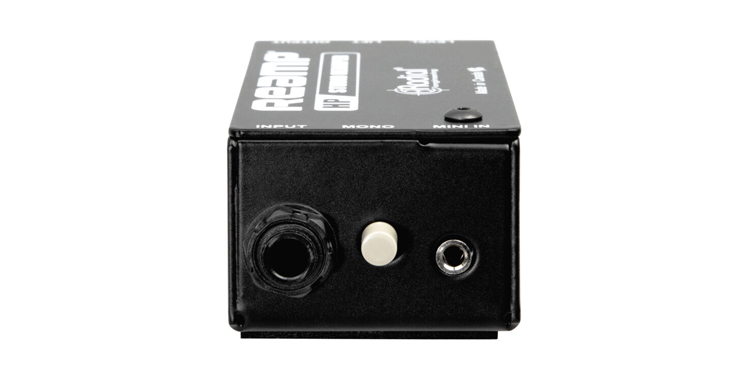
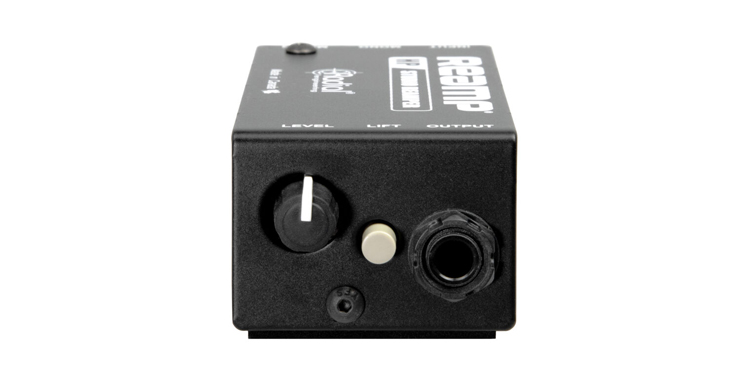
Joining the above is the more simple Reamp HP, which conveniently takes the signal from a headphone output jack on an audio interface or mobile device and converts it to feed mono guitar amps and effects for reamping purposes.
In practice, users can play pre-recorded tracks through amps and pedals via the Reamp HP, which features 1/4” and 3.5mm inputs for easy connection to the outputs of tablets, laptops and audio interfaces.
Thanks to its connections, the Reamp HP seeks to streamline the re-amp process by eliminating the need to disconnect studio monitors or establish a new set up for re-amping.
Other controls include an output signal level control, a Lift button that seeks to remove buzz and hum from ground loops and a Mono trigger that sums the left and right input channels together.
The Reamp HP is available now for $99.
For more information, head over to Radial Engineering.

Matt is the GuitarWorld.com News Editor. He has a Masters in the guitar, a degree in history, and has spent the last 16 years playing everything from blues and jazz to indie and pop. When he’s not combining his passion for writing and music during his day job, Matt records for a number of UK-based bands and songwriters as a session musician.








